As scientific understanding of aging advances, many doctors and researchers are quietly exploring ways to slow down or even reverse biological aging. While the quest to halt aging completely may still be a distant dream, doctors are employing various innovative techniques and treatments to turn back the biological clock. From cutting-edge therapies to everyday lifestyle changes, here are 10 tricks doctors are using in their fight against aging.
1. Stem Cell Therapy
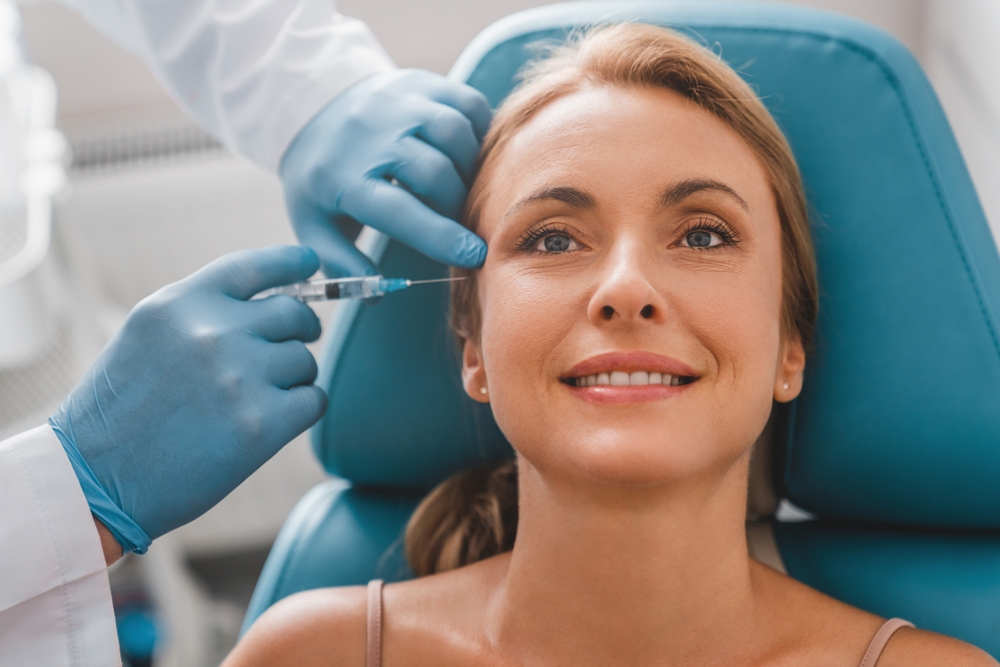
Stem cells have the unique ability to regenerate tissues and repair damaged cells, making them a powerful tool in reversing the effects of aging. Doctors are using stem cell therapy to rejuvenate aging tissues, improve organ function, and even repair damage caused by chronic diseases. This treatment is often used to target the skin, joints, and cardiovascular system to restore vitality and reduce the visible signs of aging.
While stem cell therapies hold immense promise, they are still being refined. Some treatments are already being used with success in specific medical contexts, but the long-term safety and effectiveness of stem cell treatments need more research. According to Frontiers in Aging, recent clinical trials have shown promising results for mesenchymal stem cell applications in reducing physical frailty and improving facial skin aging, though safety concerns like lung entrapment remain under investigation.
2. Telomere Extension
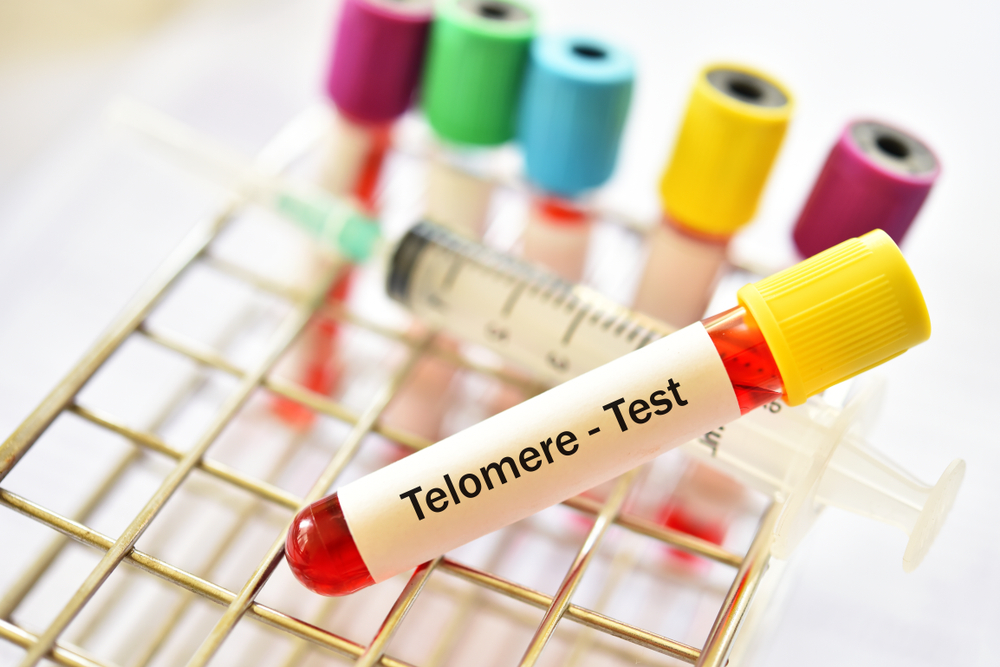
Telomeres are the protective caps at the ends of chromosomes that shorten as we age, leading to cell aging and death. Telomere extension involves techniques that aim to lengthen these caps, potentially slowing down the aging process at a cellular level. Some doctors are using experimental therapies to stimulate telomerase, an enzyme that helps rebuild and maintain telomeres, which could potentially extend life by slowing cellular aging.
While telomere extension is still in its early stages, preliminary research suggests that it could have promising effects on aging. However, concerns remain about potential cancer risks, as longer telomeres can allow damaged cells to proliferate uncontrollably. According to Medical News Today, researchers at Stanford University have developed a method using modified TERT mRNA to increase telomere length by up to 10%, offering new possibilities for treating age-related diseases.
3. Caloric Restriction Mimetics

Caloric restriction has long been known to extend lifespan in various species, but it’s not a practical lifestyle for most people. Enter caloric restriction mimetics—compounds that mimic the effects of caloric restriction without requiring you to eat less. Doctors are exploring these compounds, such as resveratrol and NAD+ boosters, as ways to trigger the same biological processes that come with eating fewer calories, potentially slowing down aging.
These compounds are thought to activate pathways in the body that promote longevity, such as sirtuins and AMPK. While they are showing promise in animal studies, human trials are still in the early stages. According to Frontiers in Nutrition, caloric restriction mimetics activate autophagy and other pathways associated with healthspan extension without requiring significant dietary changes.
4. Peptide Therapy
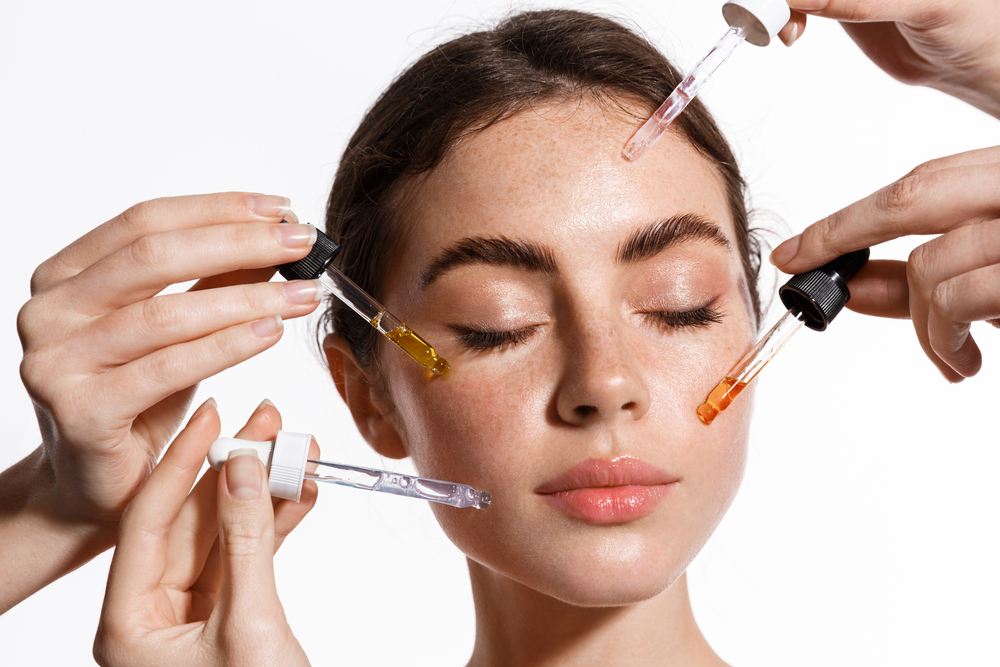
Peptides are short chains of amino acids that can signal the body to perform specific functions. Some doctors are using peptide therapy to combat aging by promoting cell regeneration, improving skin elasticity, and enhancing muscle growth. Peptides like BPC-157, Thymosin Beta-4, and Epitalon have shown potential in studies to improve tissue repair, reduce inflammation, and even increase the lifespan of cells.
Peptide therapy is gaining popularity as a means to restore youthful vitality and improve physical function. According to PubMed, long-term treatment with certain peptide preparations has demonstrated increased lifespan by 20-40% in rodent models while reducing age-related biomarkers and tumorigenesis risk. For those seeking ways to boost their biological age reversal efforts, peptide therapy is an intriguing option worth exploring.
5. Senolytics

Senolytics are compounds that target and eliminate senescent cells—cells that have stopped dividing and contribute to the aging process. By removing these dysfunctional cells, doctors believe they can slow the aging process and improve health in older individuals. Senolytics have been shown to improve skin elasticity, reduce frailty, and potentially reverse some age-related diseases.
While research into senolytics is still in its early stages, early animal trials have shown promising results. Clinical trials in humans are currently underway, and doctors are excited about the potential of these therapies to target aging at its cellular root. If proven safe and effective, senolytics could become a staple in anti-aging treatments.
6. Hormone Replacement Therapy (HRT)
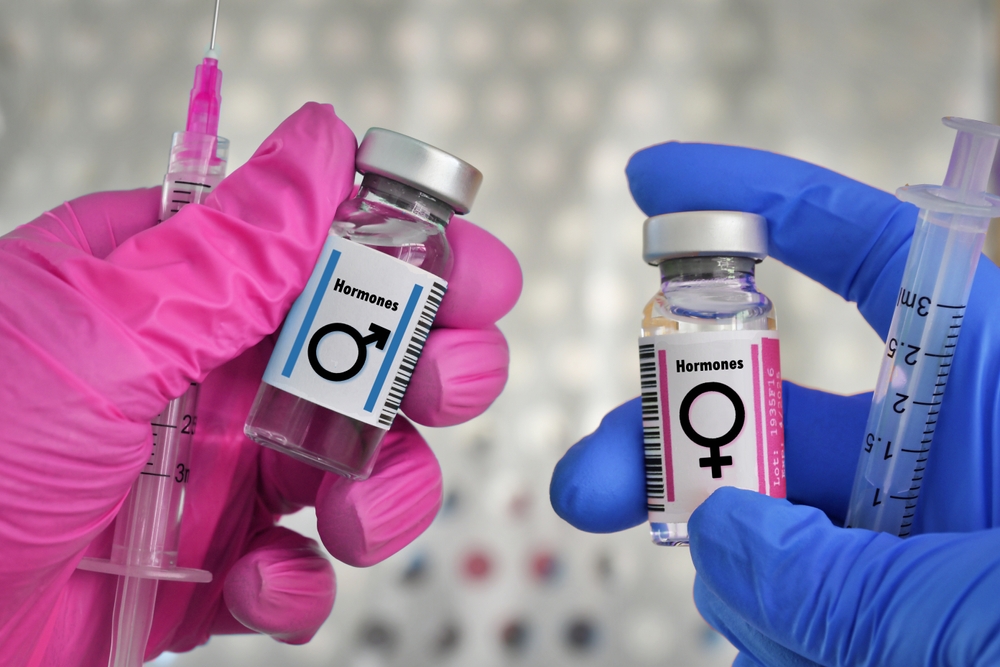
Hormone levels naturally decline with age, contributing to many of the signs of aging such as decreased energy, muscle loss, and sexual dysfunction. Hormone replacement therapy (HRT) aims to replenish these declining hormones to restore youthful vitality. Doctors use HRT to balance testosterone, estrogen, and other hormones, which can help reverse some of the symptoms associated with aging.
While HRT has shown benefits, especially for those in menopause or experiencing low testosterone levels, it’s not without risks. There are concerns about its effects on the heart, cancer risks, and the potential for blood clots. Doctors carefully monitor patients undergoing HRT and recommend it on a case-by-case basis, taking into account the risks and benefits for each individual.
7. NAD+ Therapy
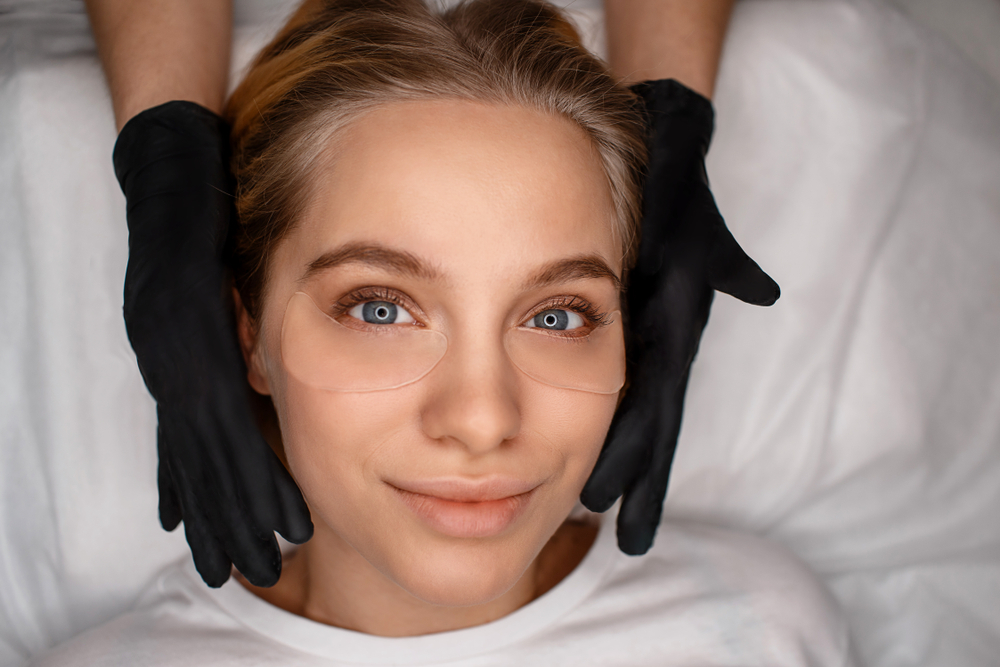
NAD+ (Nicotinamide Adenine Dinucleotide) is a vital molecule in the body that plays a key role in cellular energy production and DNA repair. As we age, NAD+ levels naturally decline, which has been linked to various age-related diseases. Doctors are now turning to NAD+ supplementation and intravenous therapy to restore these levels and potentially reverse some of the effects of aging.
Research suggests that restoring NAD+ levels can help improve mitochondrial function, increase energy levels, and promote cellular repair. NAD+ therapy is gaining traction in the wellness industry as a potential anti-aging treatment. While the long-term benefits of NAD+ therapy are still being studied, early evidence suggests that boosting NAD+ levels could help improve aging at the cellular level.
8. Genetic Modifications
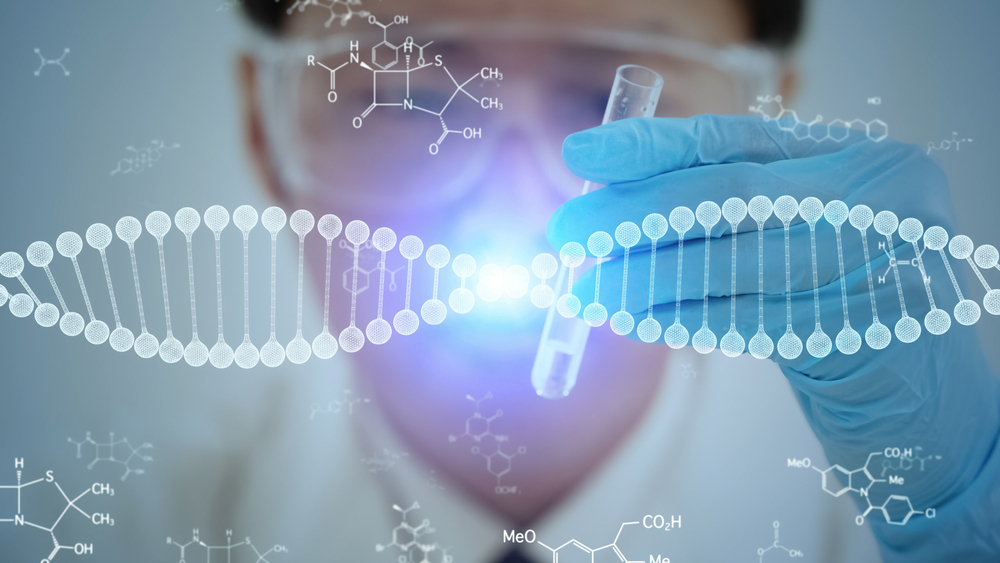
One of the most exciting areas of research in reversing aging involves genetic modifications. Doctors are exploring ways to modify genes responsible for aging and age-related diseases, such as the FOXO3 gene, which is associated with longevity. By enhancing or altering these genes, researchers hope to slow the aging process and increase life expectancy.
Gene editing technologies like CRISPR have opened up new possibilities for reversing biological aging. While these technologies are still in the experimental phase, their potential to change the aging process is significant. In the future, genetic modifications could become a key strategy for extending healthy lifespan and reducing age-related diseases.
9. Cryotherapy
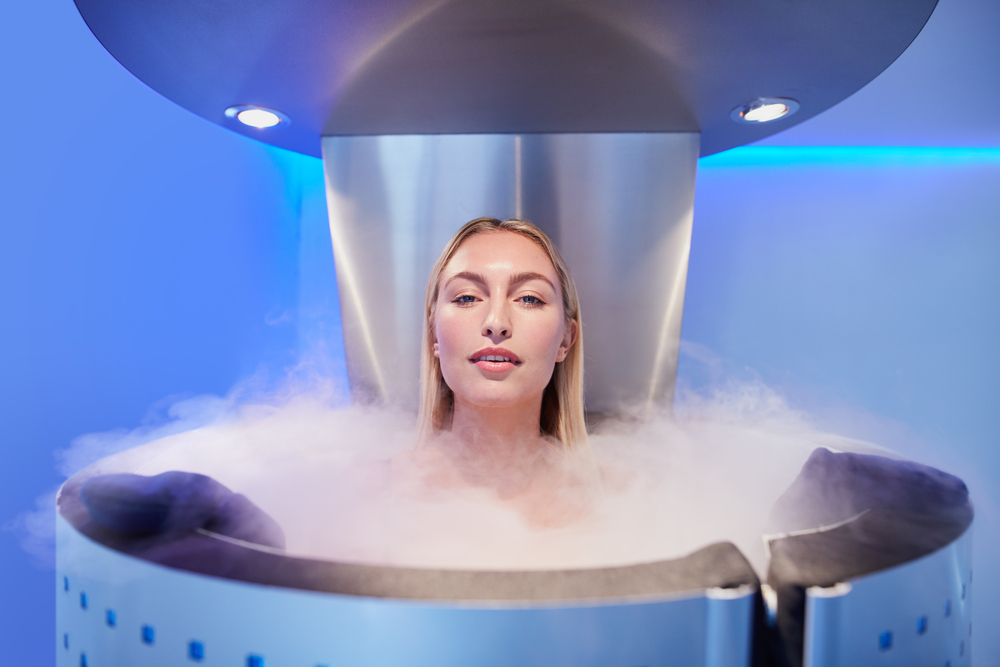
Cryotherapy, which involves exposing the body to extreme cold, has become a popular method for rejuvenating the body and combating aging. Some doctors are using cryotherapy to stimulate collagen production, reduce inflammation, and promote muscle recovery. By reducing oxidative stress and stimulating blood circulation, cryotherapy has shown potential in improving skin tone and reducing signs of aging.
Although cryotherapy has been shown to have benefits for recovery and skin health, the long-term effects on aging are still under investigation. Many people report feeling rejuvenated after a cryotherapy session, but more clinical trials are needed to confirm its anti-aging effects. For those looking for a non-invasive method to slow down aging, cryotherapy remains an exciting possibility.
10. Sleep Optimization

Quality sleep is one of the most powerful tools for reversing biological aging, and doctors are increasingly focused on optimizing sleep to promote longevity. Sleep allows the body to repair itself, process toxins, and rejuvenate cells. Doctors recommend practices like sleep tracking, proper sleep hygiene, and even specialized treatments like melatonin supplementation to improve sleep quality and reverse the biological effects of aging.
Sleep optimization not only helps the body repair but also has profound effects on cognitive function and emotional health. Lack of sleep accelerates aging, contributing to problems like cognitive decline, skin aging, and poor immune function. By prioritizing sleep, individuals can significantly reduce their biological age and improve their quality of life.
Natasha is a seasoned lifestyle journalist and editor based in New York City. Originally from Sydney, during a stellar two-decade career, she has reported on the latest lifestyle news and trends for major media brands including Elle and Grazia.


